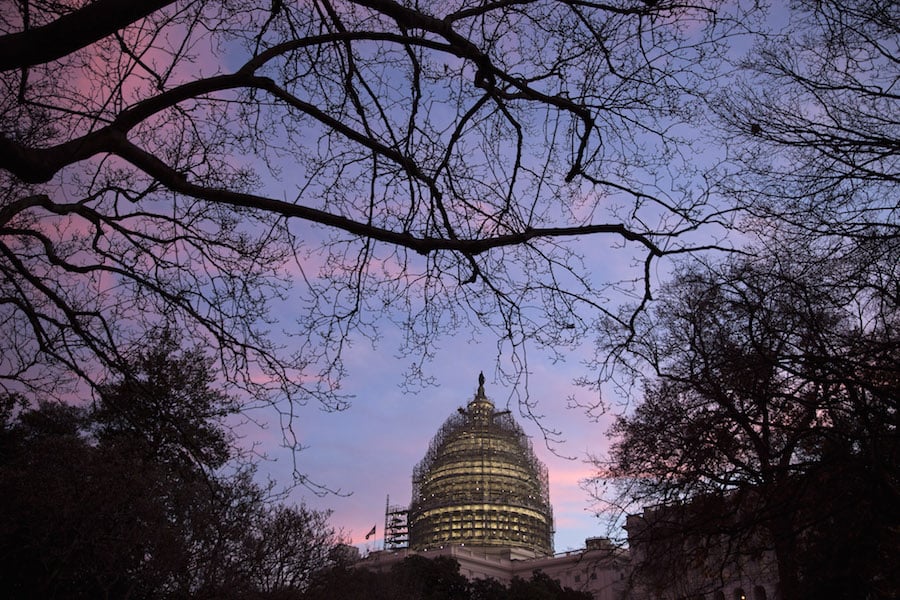Thousands of motivated independent broker-dealers are an opposing force to the Labor Department's fiduciary rule, but they have met an immovable object: President Barack Obama.
That doesn't mean they're giving up on last-ditch efforts to upend the measure.
The Financial Services Institute, which represents IBDs and independent advisers, has been working to overhaul or stop the measure since it was introduced almost a year ago with Mr. Obama's support.
Now that the rule is on the verge of being finalized, it looks as if the organization — and the rest of the industry — is losing the battle because it cannot overcome the
will of the White House.
“It was a game-changer when the president so robustly endorsed the proposal,” FSI president and chief executive Dale Brown told reporters at their OneVoice conference in Orlando, Fla. “You can't ignore the bully pulpit that he has.”
Another obstacle for opponents of the rule has been partisan gridlock in Congress, Mr. Brown said.
“It may be reflective of the electorate, but it also comes with consequences,” he said. “One of those consequences is the inability of Congress to really significantly impact a proposal that is a high priority of the administration.”
But FSI is not yet throwing in the towel on the rule, which would require financial advisers to act in the best interests of their clients when advising on 401(k)s and individual retirement accounts.
The group is backing
legislation introduced by Reps. Peter Roskam, R-Ill., and Richard Neal, D-Mass, that would halt the DOL rule and replace it with a fiduciary standard outlined in the bill.
“We're working behind the scenes to generate support in the Senate,” Mr. Brown said.
He is not discouraged by the likely failure of the bill. Even if it is approved by Congress, it would be vetoed by Mr. Obama.
“We're going to support every credible effort we can to try to influence the administration's thinking,” Mr. Brown said.
If it can't change minds in the executive branch, FSI might move its effort to the court system by filing a lawsuit against the DOL rule after the final version is released.
“We're not taking any options off the table,” Mr. Brown said. “We're also not prepared to talk in any more detail than that right now.”
The administration argues that the rule is necessary to protect workers and retirees from conflicted advice that puts them in high-fee investment products that erode their savings.
The financial industry counters that the complex rule would significantly increase liability risk and regulatory costs for brokers, making advice more expensive to give and receive and pricing clients with modest assets out of the advice market.
Mr. Brown touts FSI's efforts at “constructive engagement” with regulators to shape policies and regulations that effect the IBD model. But FSI won't support the DOL rule unless “substantive and fundamental changes” are made, he said.
Last year, FSI's 35,000 members wrote 250,000 letters to lawmakers expressing their concerns about the rule. The organization also sponsors annual Capitol Hill days, where its representatives visit with members of Congress and their staffs.
It's all part of putting independents on Washington's radar.
“It continues to be clear that the regulators and policy makers do not fully understand what independent advisers and independent broker-dealers offer to Main Street investors,” Amy Webber, FSI chairman and president of Cambridge Investment Research, said at the FSI conference Monday. “They continue to put regulations in place that actually harms the investor they intend on protecting.”







